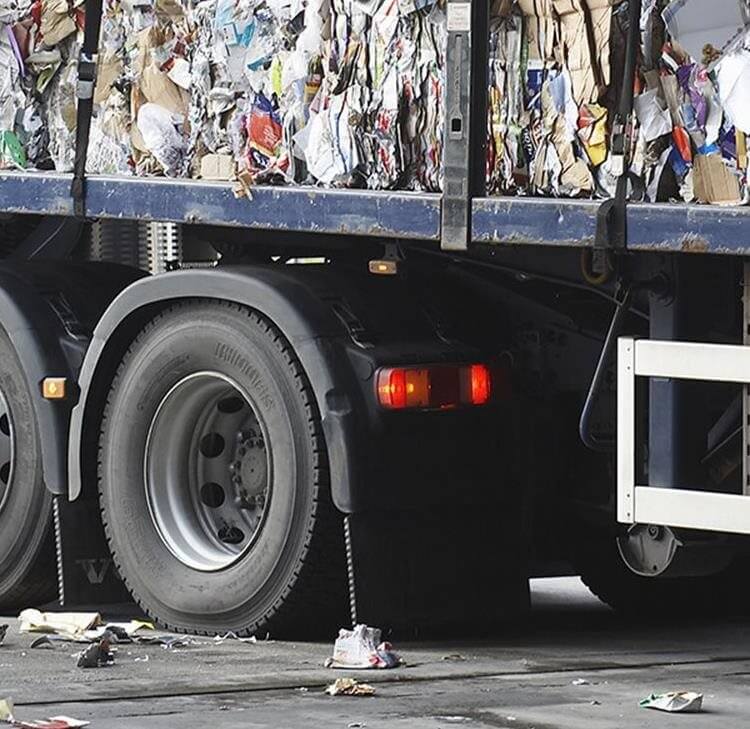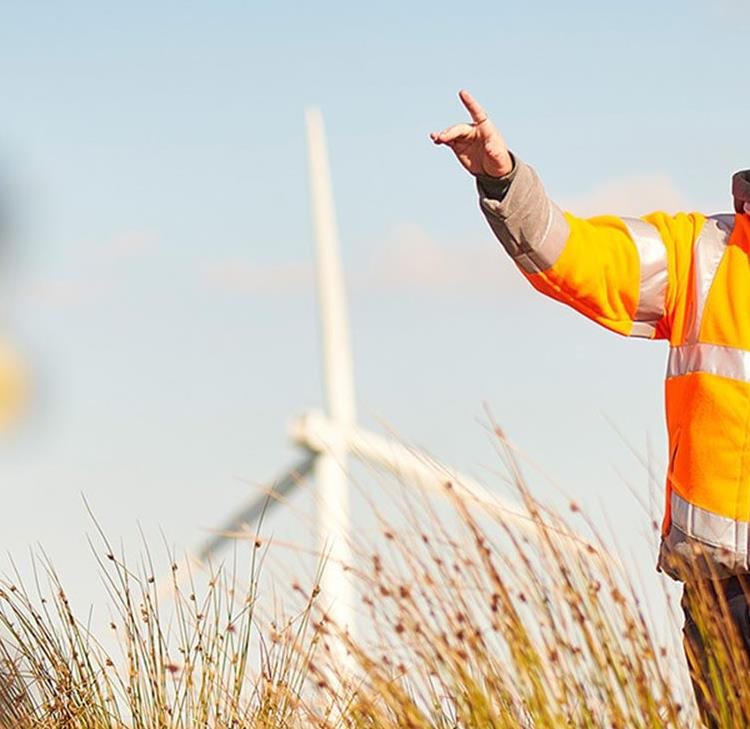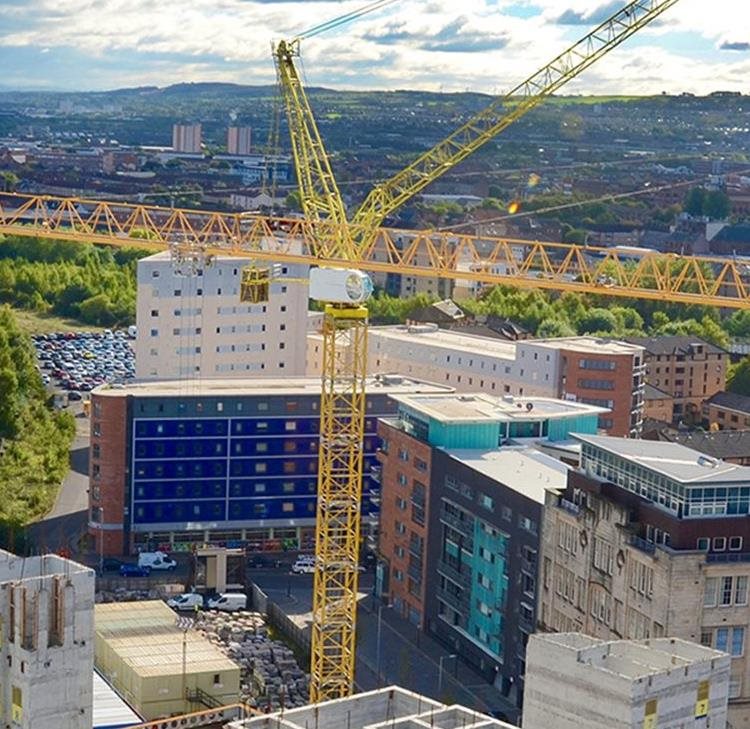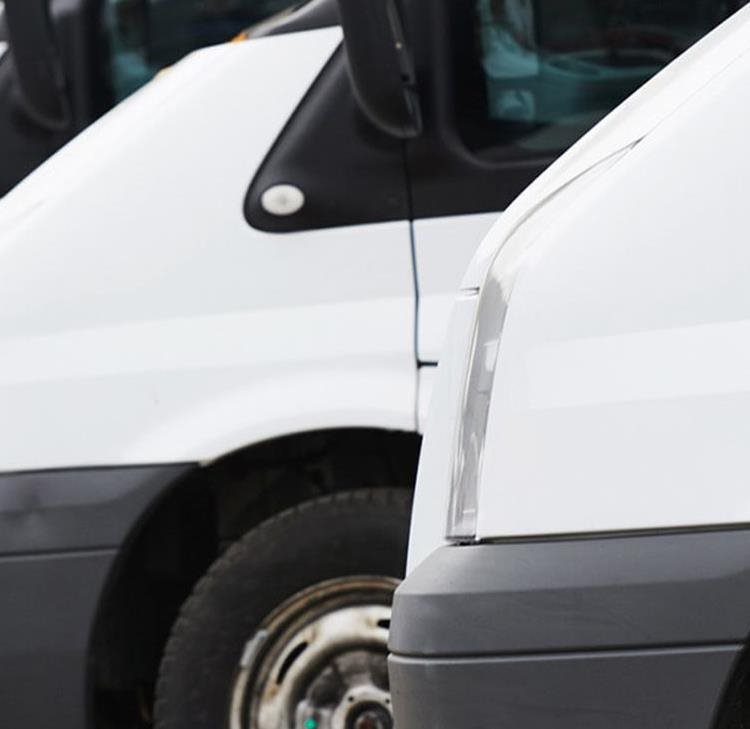Carbon accounting for SMEs: what’s your carbon shoe size?
SMEs need to get a handle on their carbon footprints now to help identify where carbon, and financial savings can be made.
The importance of engaging business in UK and global efforts to tackle climate change has been recognised in the UK Government’s Net Zero strategy, and in the negotiations at COP26 in Glasgow. While previously the focus had been on big businesses, increasingly the need to include, engage and mobilise small and medium sized enterprises (SMEs) is being recognised.
SMEs account for 99.9% of the business population (5.6 million businesses), and, according to research by the British Business Bank, are responsible for nearly 50% of all emissions of greenhouse gases by UK businesses of all sizes. However, this research, based on a survey of 1,200 SMES in 2021, also suggests that more than three-in-four SMEs are yet to implement a comprehensive decarbonisation programme, while just 3% say they have measured their carbon footprint in the past five years and subsequently set an emissions reduction target.
A report published this week by the International Chamber of Commerce, SAGE and Association of Chartered Certified Accountants points out that SMEs are overwhelmingly keen to take action, but over 90% feel they face barriers to climate action. The report calls on policy-makers, environmental disclosure bodies, and large corporates to help SMEs deliver accurate carbon reporting and accounting.
With carbon emissions set to come under greater regulatory pressure there is a strong business case for taking proactive action on carbon reporting now rather than waiting for government to help. The report recognises that carbon reporting helps businesses identify and understand their exposure to climate risk, and that with carbon pricing likely to become a reality for all, measuring and reducing emissions will make for a more efficient business.
SMEs across the UK need to get a handle on their carbon footprints now to help identify where carbon, and financial savings can be made. As a first step SMEs should carry out a carbon audit, and consider implementing even simple measures, such as switching to energy efficient lighting, which can make a significant difference to a company’s carbon emissions. SMEs that act now are likely to benefit from first mover’s advantage when the commitments made at COP26 make their way into law.








































